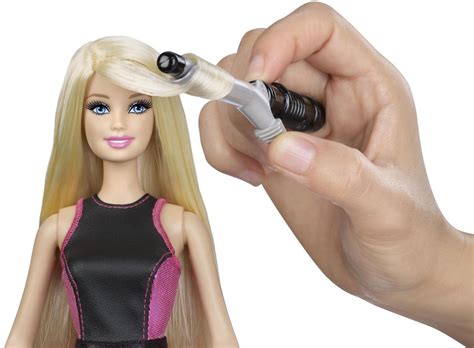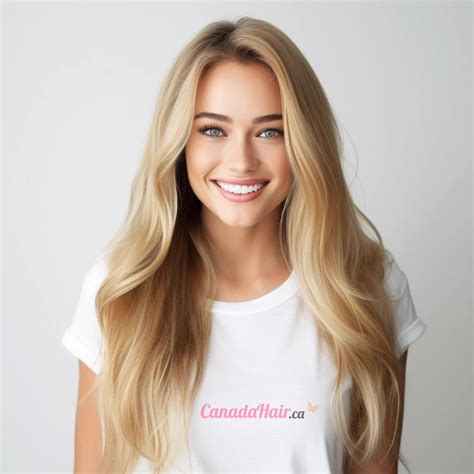Introduction

Hair loss affects millions of people worldwide, causing significant emotional and psychological distress. While hair loss is a natural part of aging, it can have a profound impact on self-image and self-confidence. However, advancements in hair restoration technology have made it possible to address hair loss concerns effectively and restore a fuller, more youthful appearance.
What is a Hair Loss Topper?
A hair loss topper is a non-surgical solution designed to conceal hair thinning and add volume to the hair. It is a partial hairpiece that sits on top of the head, blending seamlessly with natural hair. Toppers come in various sizes, shapes, and colors, allowing for customization to suit individual needs.
Types of Hair Loss Toppers
1. Base Materials
- Lace Front Toppers: Feature a delicate lace front that mimics the scalp, providing a natural-looking hairline.
- Monofilament Toppers: Made from a fine, breathable net that allows for ventilation and a lightweight feel.
- Skin Top Toppers: Resemble the human scalp and provide a secure fit with adhesive.
2. Hair Types
- Human Hair Toppers: Offer a high level of realism and can be styled and colored like natural hair.
- Synthetic Hair Toppers: More affordable and require less maintenance than human hair toppers.
3. Attachment Methods
- Clips: Toppers with clips are easy to attach and remove, providing flexibility for daily wear.
- Adhesive: Adhesive toppers offer a more secure hold and can be worn for extended periods.
Benefits of Hair Loss Toppers
- Enhance hair volume and conceal hair thinning.
- Improve self-confidence and boost self-esteem.
- Provide a non-surgical, cost-effective solution to hair loss.
- Offer versatility in styling and customization.
Choosing and Using a Hair Loss Topper
1. Determining the Right Topper
- Consider the extent of hair thinning and desired level of coverage.
- Match the color, texture, and density of the topper to natural hair.
- Choose a base material that aligns with personal preferences and lifestyle.
2. Applying and Removing the Topper
- Prepare the scalp by washing and drying the hair.
- Position the topper on the head and secure it gently.
- Trim or blend any excess hair around the edges.
- Remove the topper by carefully lifting it off the scalp.
Solutions for Hair Loss Toppers Pain Points
1. Heat Sensitivity
- Use heat-resistant toppers or apply a heat-protectant spray before styling.
- Avoid excessive use of heat tools.
2. Irritation and Itching
- Choose toppers made from breathable materials like lace or monofilament.
- Use hypoallergenic adhesives and cleanse the scalp regularly.
Motivations for Using Hair Loss Toppers
- Regain hair volume and youthful appearance.
- Enhance confidence and improve self-esteem.
- Conceal hair loss while waiting for hair restoration treatments to take effect.
- Explore different hairstyles and experiment with hair color without damaging natural hair.
Effective Strategies for Integrating Hair Loss Toppers
- Blend Seamlessly: Ensure the topper matches natural hair color, texture, and density.
- Secure Properly: Use clips or adhesive to achieve a stable fit, preventing shifting or slipping.
- Style Appropriately: Style the topper and natural hair together to create a unified look.
- Maintain Regularly: Clean, condition, and style the topper as needed to preserve its quality.
Step-by-Step Approach to Using Hair Loss Toppers
- Prepare the Hair: Wash and dry natural hair thoroughly.
- Apply the Topper: Position the topper on the head and secure it using clips or adhesive.
- Trim and Blend: Trim excess hair around the edges to create a seamless transition.
- Style as Desired: Style the topper and natural hair together to achieve the desired look.
- Remove the Topper: Carefully lift the topper off the scalp when not in use.
Toppotherapy: A New Concept in Hair Loss Management
Topptherapy refers to the therapeutic use of hair loss toppers to enhance emotional well-being and promote self-care. This approach recognizes the psychological impact of hair thinning and the positive benefits of restoring hair volume and enhancing self-image. By adopting Topptherapy, individuals can approach hair loss from a holistic perspective, embracing both practical solutions and emotional support.
Tables
Table 1: Prevalence of Hair Loss
| Gender | Prevalence |
|---|---|
| Men | 50% by age 50 |
| Women | 50% by age 80 |
Table 2: Hair Loss Causes
| Cause | Percentage |
|---|---|
| Androgenetic Alopecia | 95% in men, 60% in women |
| Telogen Effluvium | 10-15% |
| Alopecia Areata | 2% |
Table 3: Benefits of Hair Loss Toppers
| Benefit | Advantages |
|---|---|
| Concealment | Hides hair thinning and adds volume |
| Confidence Boost | Improves self-esteem and body image |
| Non-Surgical | Does not require surgery or scalp damage |
| Versatility | Allows for styling and color customization |
Table 4: Tips for Choosing a Hair Loss Topper
| Factor | Considerations |
|---|---|
| Extent of Hair Thinning | Determine the level of coverage needed |
| Hair Color and Texture | Match the topper to natural hair |
| Base Material | Consider comfort, breathability, and style preference |
| Attachment Method | Choose a secure and comfortable method |
